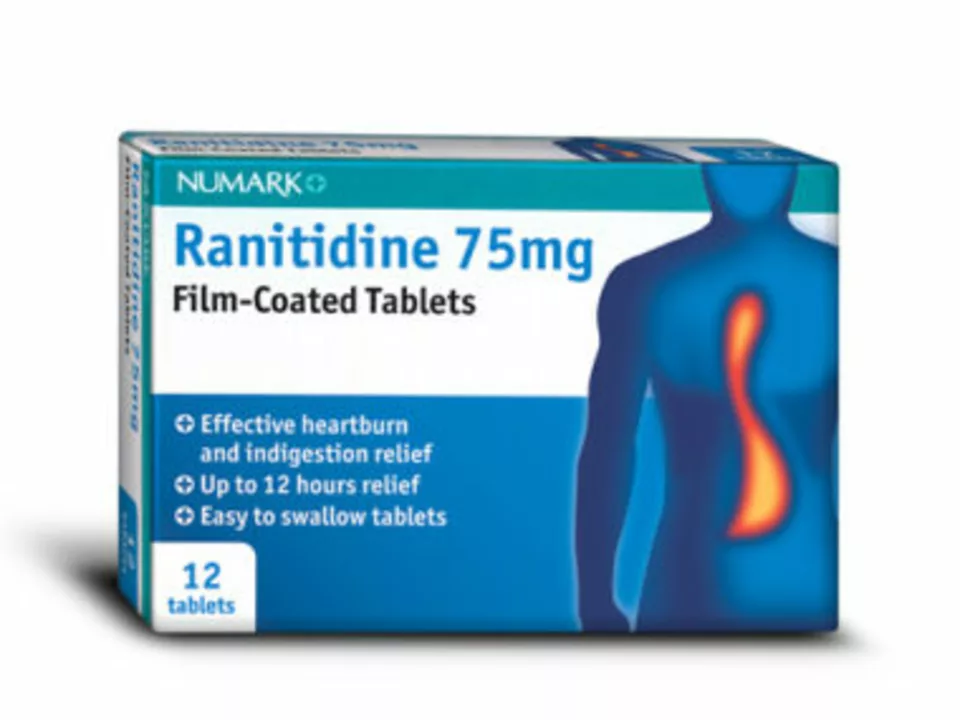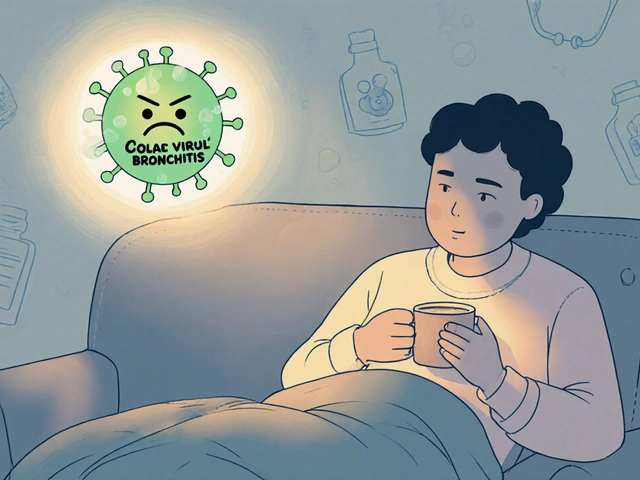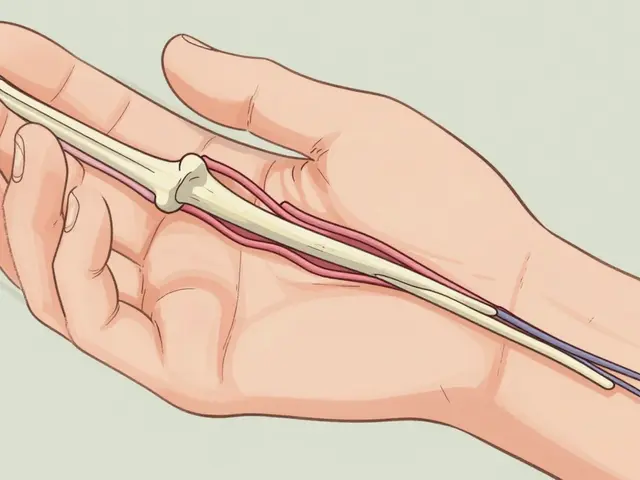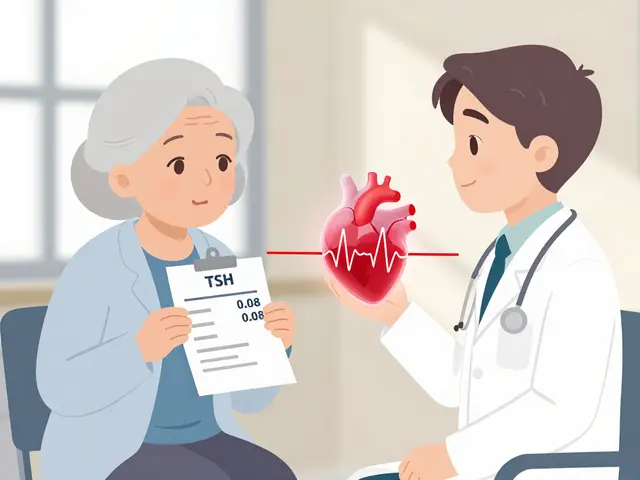Ranitidine: what happened and what to use instead
Ranitidine (commonly known by the brand name Zantac) used to be a go-to drug for heartburn, acid reflux and stomach ulcers. In 2019–2020 regulators found the impurity NDMA in some ranitidine products and many countries pulled it from shelves. That left a lot of people wondering: was my drug dangerous, and what should I take now?
Here’s a straight, useful guide you can use right away. I’ll explain how ranitidine worked, why it was recalled, safe alternatives, and what steps to take if you were using it.
How ranitidine worked and why regulators acted
Ranitidine is an H2 blocker. It reduces stomach acid by blocking histamine H2 receptors on acid-producing cells. That made it faster for short-term relief than many acid-reducing options.
Testing found NDMA, a chemical that can be a probable carcinogen at high levels, in some ranitidine lots. Regulators recalled many products while labs investigated. Not every ranitidine product tested the same, but the safest route was removal until manufacturers could prove safety. If you still have old ranitidine pills, don’t take them—check with a pharmacist about safe disposal.
Practical alternatives and what to do next
If you took ranitidine for occasional heartburn, over-the-counter options work well. Antacids (Tums, Gaviscon) give quick relief for mild symptoms. Famotidine (Pepcid) and cimetidine are other H2 blockers that remained available and are often used as direct replacements. For frequent or severe reflux, proton pump inhibitors (PPIs) like omeprazole or esomeprazole usually control acid longer and better.
Want non-drug approaches? Cutting late-night meals, losing a few kilos if needed, raising the head of the bed, and avoiding trigger foods (spicy, fatty, coffee, alcohol) often reduce symptoms. Some people find DGL licorice or melatonin helpful alongside medical treatment—there’s an article on integrative GERD relief on the site that looks at evidence and how to use supplements safely.
Thinking of buying medications online? Use verified pharmacies, require a prescription where one is needed, and avoid sites offering huge discounts without asking medical questions. If a deal looks too good, it probably is.
See a doctor right away if you have severe symptoms: difficulty swallowing, persistent vomiting, black or bloody stools, unexplained weight loss, or chest pain. Your doctor can suggest the right drug, run tests if needed, and discuss long-term options safely.
If you used ranitidine in the past, don’t panic. Talk to your GP or pharmacist, get an alternative if needed, and dispose of any leftover pills properly. For more reading, check our articles on GERD relief and Nexium alternatives to compare options and find what fits your situation.

In my recent investigations into Irritable Bowel Syndrome (IBS) treatments, I discovered an interesting role that Ranitidine might play. Apparently, this medication, typically used to reduce stomach acid, has the potential to alleviate some IBS symptoms. While it's not a cure-all, it could provide some much-needed relief for those grappling with this chronic condition. However, more research is necessary to fully understand this connection. Always consult with a healthcare provider before starting any new treatment.

As a blogger, I've recently been researching Ranitidine and its potential effects on kidney function. It's important for us to understand that Ranitidine, a common medication for acid reflux, has been linked to a higher risk of kidney damage in some studies. While not everyone who takes Ranitidine will experience this side effect, those with pre-existing kidney issues should be cautious and consult their doctor. Additionally, it's crucial to monitor your kidney function if you're using this medication for an extended period. Remember, always consult your healthcare provider if you have concerns about your medications and their potential side effects.







